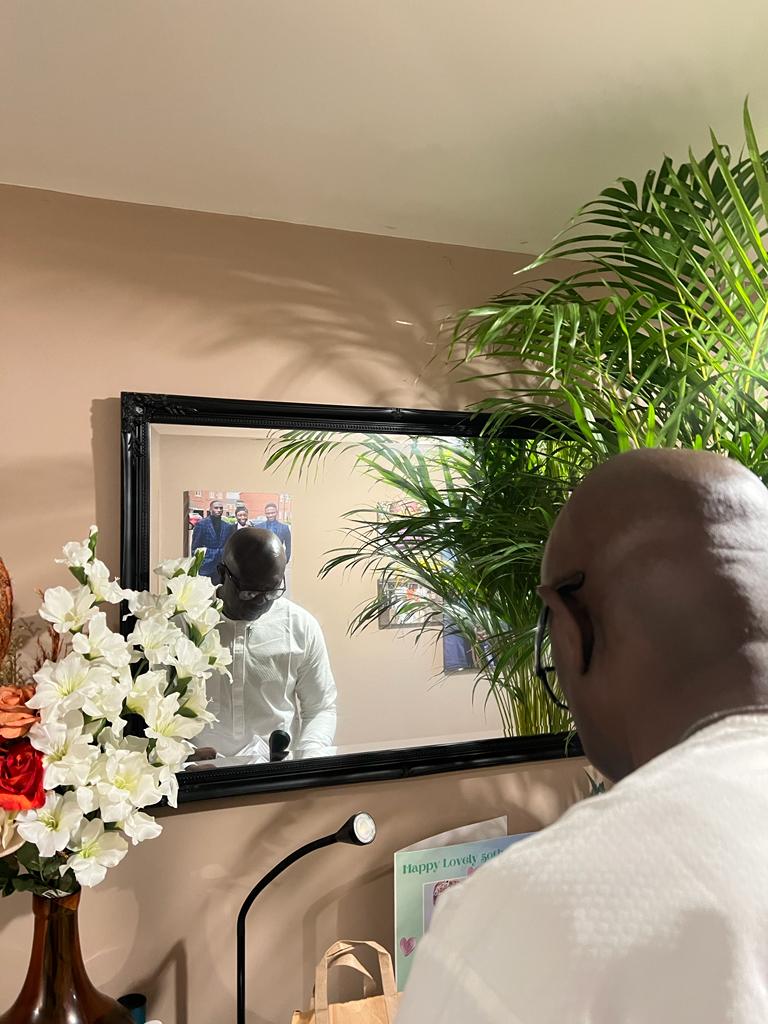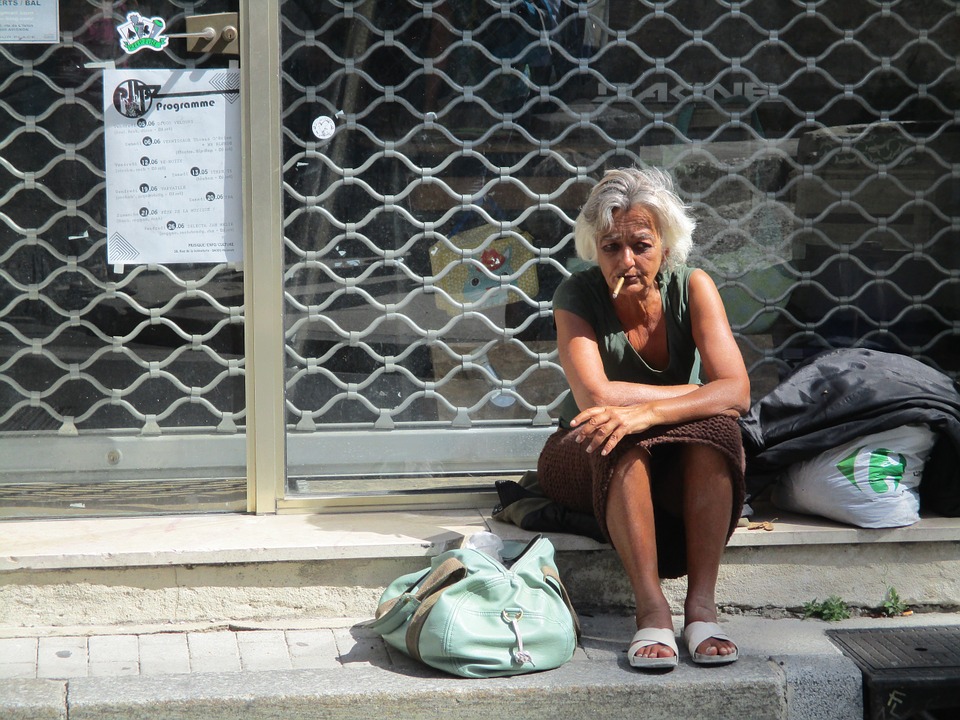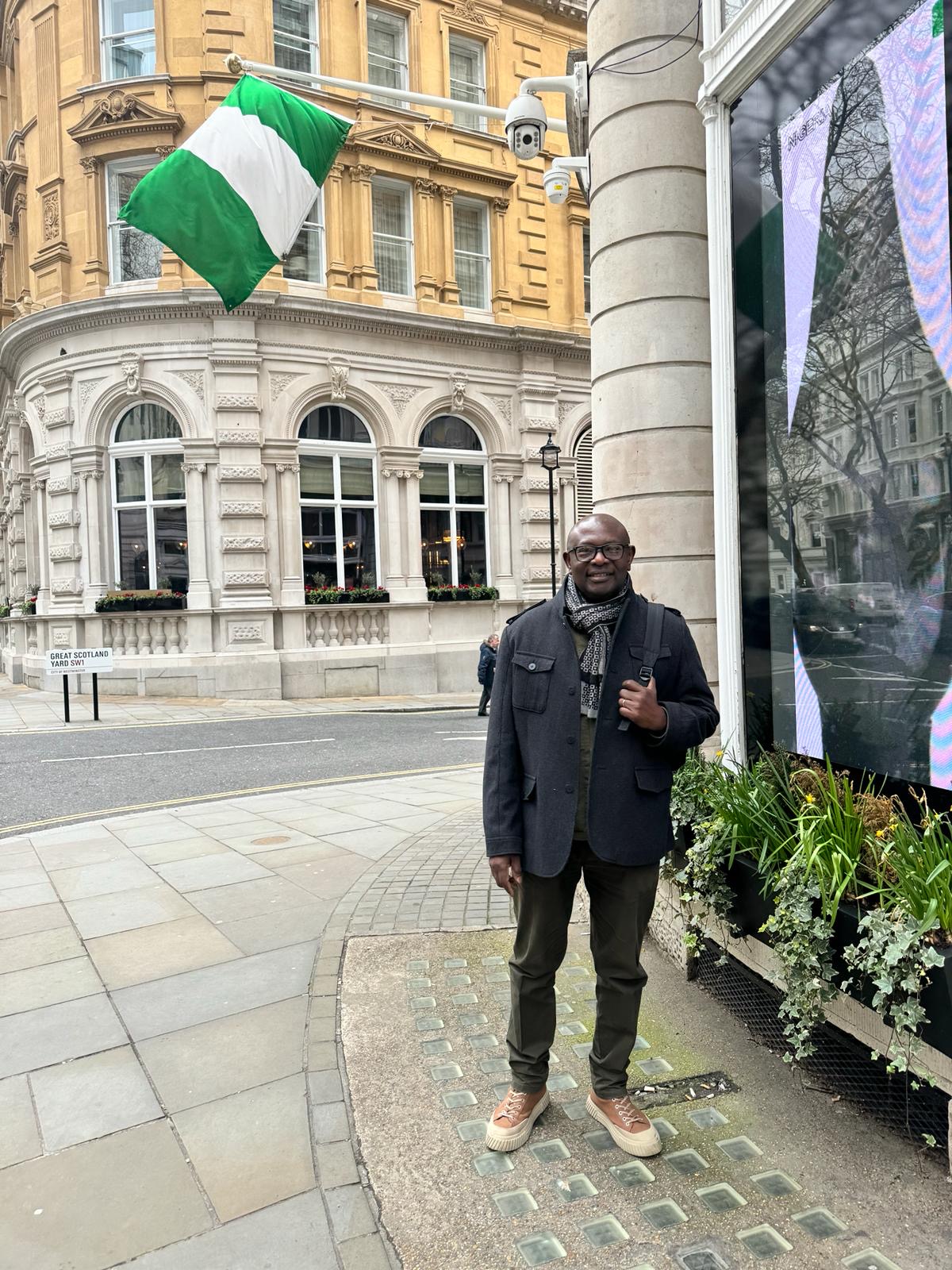by Morak Babajide-Alabi
As the train set sail from the Kings Cross Train Station, London, my mind was more preoccupied with the thoughts of London than my destination of Edinburgh. In fact, I had no idea what was in stock for me in the northern city. Other than the impromptu lessons my wife gave me on how to pronounce Edinburgh, the city was a mystery. “It is ‘Edin-bra’, and not ‘Edin-bug’,” she said repeatedly
I looked out through the window of the Great North Eastern Railway (GNER) train that was slowly and steadily moving out of London. I had not seen much of London but there was this disappointing feeling that hung over me. A question continually ran across my mind – Was this “the” London, England? It looked like any other city. I would later get to know that my thoughts were manipulated by the unpleasant scenes I saw. I had come in contact with a side of London I never imagined in my wildest dream existed and because it conflicted with my perception had created confusion in my head. And affected my initial judgement.
Coming from Nigeria, a country the western media love to describe as inhabited by poverty-stricken citizens, I had set a high standard in my mind for the European continent. It was typical to think that the streets of England were paved with gold while the citizens pick as they wished. It was my first visit to the Western world but I was not that naive to think that this was the reality.
Walking to the train station I noticed some homeless men and women all hanging around. Some had cardboard inscriptions in front of them to “advertise” their “wares”. They were practically begging. A few read “homeless and hungry”, “help me” and some indecipherable words. I had read about homelessness and begging in the Western world before this journey but seeing it in real life brought the story home for me. I stood rooted to a spot for a few seconds that seemed liked eternity watching these individuals. Begging? Begging in a country that is often described as one of the most stable economies in the world. This did not add up for me.
I turned around sharply when I felt a tap on my shoulder. Standing next to me was a dishevelled middle-aged white man. I looked at him from head to toes and thought to myself, “how could he dress like this in London City?” His jacket needed a wash while his trainers could have been picked off the garbage bin. I stepped back from the overpowering smell oozing from him. One of my false ideas about the Western World kicked in again as questions raced through my mind – Why would anyone dress such as this in London? What could be wrong with him, I thought to myself.
My wife pushed me on, as the kids tugged at my trousers and wondered why I gave the man an audience. But I was a newcomer, trusting and too-believing in the story of London. Noticing he was about to lose my attention he quickly made his begging pitch – “Could I get a few coins to eat?”
“Wow,” I said to myself, “in London?” My wife read my mind but did not allow the thoughts in my head travel to my heart before she forcefully pushed me on. “We have a train to catch”, she said. I regained my composure and moved on with the coins in my pocket jiggling loudly. I was not used to coins. I wanted to ask, “Why couldn’t I just give these coins to that guy?” But whenever wife made a decision, she had thought it through and therefore no room for error or questioning.
The jingling of the coins became louder and embarrassing as I walked faster to catch up. I was soon to realise that the coins are as valuable as the paper currency. My mind could not go off the “begging” guy. Then just outside the entrance to the station, I saw a young woman “hunting” half-finished cigarette butts on the floor. I looked at her in disbelief, and said to myself; maybe she was a staff of the environmental sanitation agency. I followed her with the “corner of my eyes” and I could see her light one of the discarded butts.
“What’s happening here”? I muttered under my breath. This London seemed like a crazy city. My wife noticed my distraction and she sternly said to me “in this country you only face where you are going,” I needed no warning again as we boarded the train to Edinburgh. The four of us got ourselves around a table seat. I was tired but the thoughts of the homeless, the hungry, the dirty and the cigarette butts picker did not go away.
The sudden realisation that poverty has no barrier, that hunger is no respecter of colour or territory weakened me. Begging is not the national identity of a particular race or location. I thought in my head as the train pulled out of the station that these individuals, begging for sustenance, had been pushed to the wall and had no choice. What about the famed “owo baba” (a term used by Nigerians to refer to state benefits)?. Are they not qualified? I understood the stories of these men and women not too far in the future and learnt the various paths to begging and sleeping on the streets. I also got to know how lucrative begging could be for some.
I looked around my train coach, the tranquillity and peace gave me the assurance that I was actually in the UK. There was no one standing or crouching on attachments crudely fitted to accommodate more passengers. Momentarily, I flashed back to my college days in Nigeria. At the time Nigeria pretended to operate a semblance of functional train service. The train commute from Lagos City to Mokwa (a town in the northern part of Nigeria) or vice versa was always a journey to hell. I shook my head vigorously to clear the thoughts off my mind. But it was no use. All the bad memories came flooding back.
I remembered how commuters had to “fight” to get on the trains, how we struggled to get seats and how we always battle to get off the trains at mid-way stations. The government agency that operated the train, the Nigerian Railway Corporation (NRC) had no respect for orderliness. The operators were more concerned with profits than the comfort of the commuters. They sold tickets, not on the number of seats available, but according to the people willing to buy. The result of this was that tickets sold always triple the number of seats or spaces available.
It was the commuters’ responsibility to find themselves seats or spaces. They had to force themselves through windows so as to get seats. A sizeable number of these commuters were fare dodgers. They were too smart to commit their hard-earned money to buy tickets. The trick was to tip the ticket collectors, lock themselves up in the dirty toilets or climb the roof of the train to avoid payment. It always worked, either way.
The seats on the train to Edinburgh were different. They were comfortable, not benches and they were numbered. The train had enough leg room for passengers to consider a nap. The commuters got on and off easily at their designated stations. All was seamless. It was totally different from my idea of a train journey. I remembered a particular journey in 1987 from Jos to Lagos. We had just gone past Buruku and the train broke down in the forest. There was no announcement by the driver of the train. There was no public address system for the train. We endured almost thirteen hours on the same spot asking each other what happened. The commuters only got to know that a new coal “head” had been “ordered” from somewhere down south to replace the faulty one after we nosed around for information.
The NRC could not be bothered for an explanation. Did I hear you say we could have asked for compensation? Funny. We were in Nigeria! In Africa. Our inconveniences and safety risks were extras on train journeys in that part of the world. I couldn’t imagine what could have happened if it is now that kidnapping and armed robbery are the “things” of the day.
As the train journeyed through England to Scotland, the thought of a breakdown was far from my mind. There was confidence clearly written on the faces of every commuter that the train would turn up at the destination without any problem. And it did.
It was a big relief to get off the train after almost five hours. The cold breeze welcomed us to Scotland. I had heard about a lot about the legendary Scottish cold, but I never expected the intensity of what I got at Waverley Station, Edinburgh on this date. Prior to this trip, I had visited the famous Yaba “bend down” market to get myself a designer parka jacket. I had been advised to dress appropriately for the October weather.
My used Lagos jacket was no match for the Scottish weather, as I got billowed left and right by the winds. As I breathe into my hands to keep it warm, I remembered the words of the Ibo guy that sold me the jacket: “Nna, (friend) buy these used winter gloves, you go need am (broken English).” I ignored him, but now I realised I should have listened to him. My hands, lips and ears were all frozen within the five minutes’ walk to the taxi stand.
We huddled into the cab. The driver looked through his inner mirror and said: “Welcome to Scotland.”
The unedited version of the piece in the column, Diaspora Matters, Sunday Vanguard, June 16, 2019.







